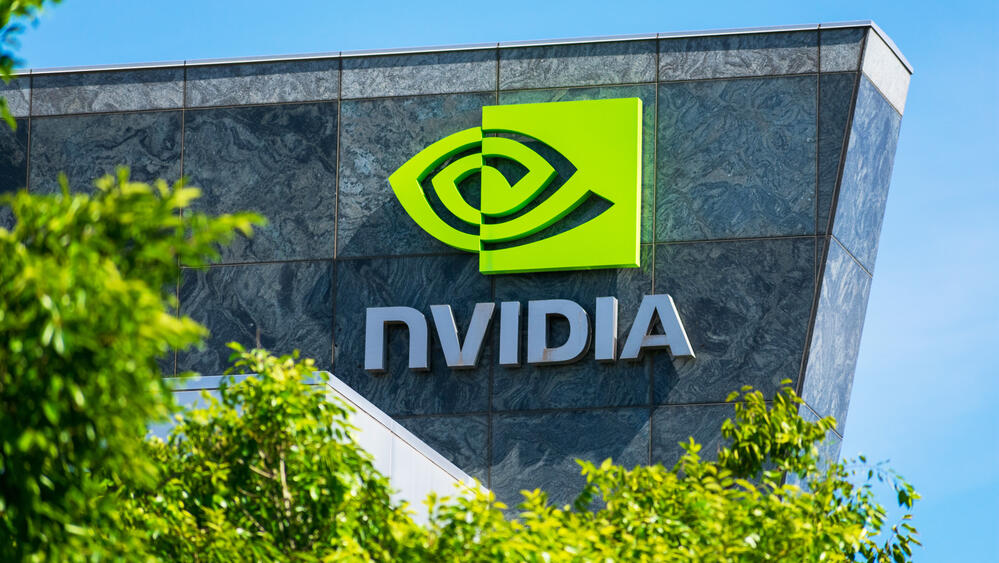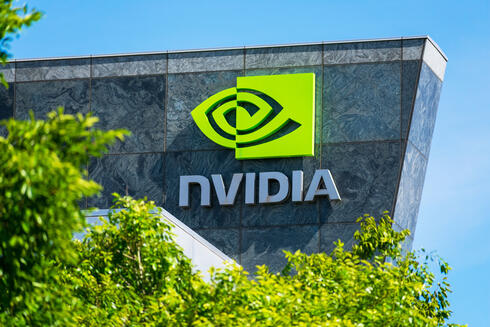
China probes Nvidia over Mellanox deal amid rising US-China tensions
Investigation centers on potential violations of China's anti-monopoly laws and acquisition commitments related to the $6.9 billion deal completed in 2020.
China announced on Monday that it has launched an investigation into Nvidia over suspected violations of the country's anti-monopoly law, a move likely to be seen as retaliation for Washington's recent chip restrictions.
The State Administration for Market Regulation (SAMR) stated that the U.S. chipmaker is also suspected of breaching commitments made during its acquisition of Mellanox Technologies Ltd., as per the conditions outlined in the regulator's 2020 conditional approval of the deal. The SAMR did not provide specific details on how Nvidia might have violated the anti-monopoly laws.
Nvidia has not yet responded to requests for comment. Following the announcement, Nvidia's shares dropped by 2.2% in premarket trading.
The investigation comes on the heels of the United States' third major crackdown in three years on China's semiconductor industry. Last week, Washington imposed new export restrictions targeting 140 companies, including chip equipment manufacturers, to curb China's access to advanced technology.
Nvidia has experienced strong demand for its products in China, though this has been tempered over the past year by U.S. measures aimed at preventing China from acquiring cutting-edge chips. Before the U.S. restrictions, Nvidia controlled over 90% of China’s AI chip market. However, it now faces growing competition from domestic players, notably Huawei.
Related articles:
When Nvidia made its $6.9 billion bid to acquire Israeli chip designer Mellanox Technologies in 2019, there were concerns that China might block the deal due to escalating U.S.-China trade tensions. However, Beijing approved the acquisition in 2020, subject to multiple conditions. These included bans on forced product bundling, unreasonable trading terms, purchase restrictions, and discriminatory practices against customers who chose to buy products separately.
Nvidia's decision to acquire Mellanox surprised the industry at the time, as the two companies operated in distinct product areas. Nvidia, a customer of Mellanox, lacked a product line similar to that of the Israeli company. After the acquisition, Nvidia expanded into communication networks using Mellanox’s technology. Mellanox’s solutions, known for optimizing data flow to chips and data centers, became integral to Nvidia's strategy, enhancing efficiency and competitiveness in load management and data access.
Nvidia employs over 4,000 people in Israel, making the local development center the second-largest outside the U.S.
